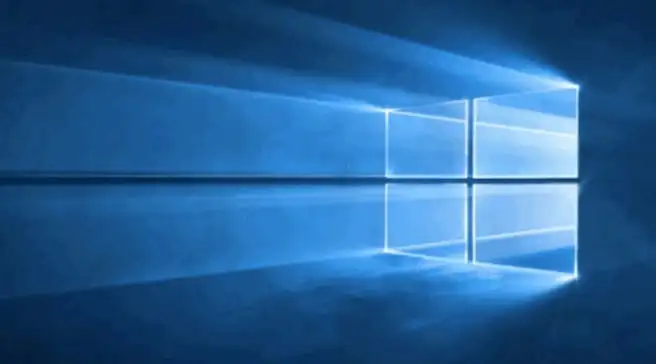While the industry is still getting to grips with the Meltdown and Spectre exploit there’s been a lot of discussion on the reduction in PC performance. Microsoft has chipped-in today.
Microsoft has posted a lengthy update on their blog site which includes the following passage specifically addressing this performance reduction. To put it simply, if you are on Windows 7 or Windows 8 and you have a CPU from around 2015, chances are performance reduction will be noticeable with the fixes. Microsoft explains:
One of the questions for all these fixes is the impact they could have on the performance of both PCs and servers. It is important to note that many of the benchmarks published so far do not include both OS and silicon updates. We’re performing our own sets of benchmarks and will publish them when complete, but I also want to note that we are simultaneously working on further refining our work to tune performance. In general, our experience is that Variant 1 and Variant 3 mitigations have minimal performance impact, while Variant 2 remediation, including OS and microcode, has a performance impact.
Here is the summary of what we have found so far:
- With Windows 10 on newer silicon (2016-era PCs with Skylake, Kabylake or newer CPU), benchmarks show single-digit slowdowns, but we don’t expect most users to notice a change because these percentages are reflected in milliseconds.
- With Windows 10 on older silicon (2015-era PCs with Haswell or older CPU), some benchmarks show more significant slowdowns, and we expect that some users will notice a decrease in system performance.
- With Windows 8 and Windows 7 on older silicon (2015-era PCs with Haswell or older CPU), we expect most users to notice a decrease in system performance.
- Windows Server on any silicon, especially in any IO-intensive application, shows a more significant performance impact when you enable the mitigations to isolate untrusted code within a Windows Server instance. This is why you want to be careful to evaluate the risk of untrusted code for each Windows Server instance, and balance the security versus performance tradeoff for your environment.
For context, on newer CPUs such as on Skylake and beyond, Intel has refined the instructions used to disable branch speculation to be more specific to indirect branches, reducing the overall performance penalty of the Spectre mitigation. Older versions of Windows have a larger performance impact because Windows 7 and Windows 8 have more user-kernel transitions because of legacy design decisions, such as all font rendering taking place in the kernel. We will publish data on benchmark performance in the weeks ahead.
Microsoft concludes by saying the whole industry is working together to find the best solutions and that it’s a top priority. The full update can be read here.



